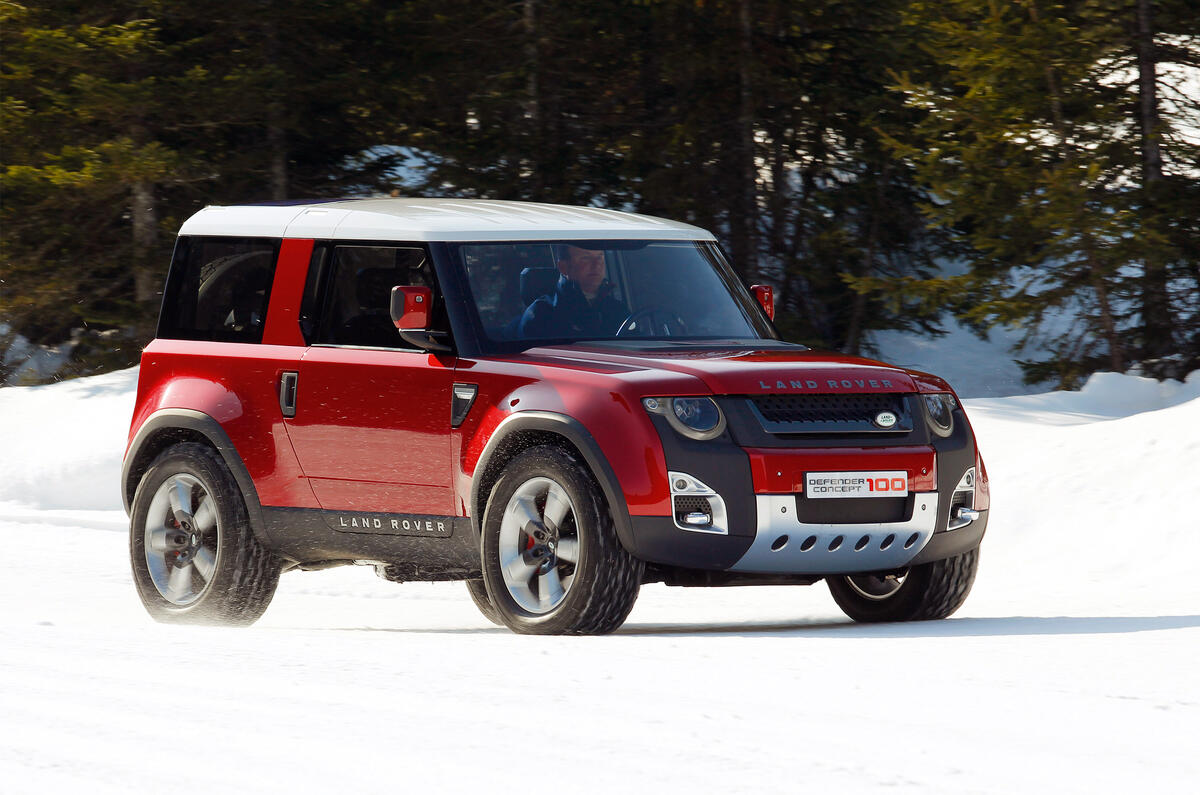Land Rover had no choice but to build a smaller, lighter and more economical entry-level model. It’s not just the EU’s fearsome CO2 regulations that the company has to consider. It also cannot ignore the size of the European market for more affordable medium-sized SUVs.
BMW is currently making hay in Europe with the X1, which undercuts the Land Rover Discovery by £4000 or so and achieved around 111,000 sales last year. By contrast, the Discovery Sport managed around 45,000 sales in Europe.
But it’s the upmarket mainstream models such as the Volkswagen Tiguan that are absolutely flying. It’s hard to believe this VW model netted global sales of over 860,000 units in 2018, ahead of the Volkswagen Polo and the Volkswagen Golf. And around 275,000 of those were in Europe alone.
Land Rover is hardly going to compete with the Volkswagen Tiguan in sales terms, but if it can offer a base model at a comparable starting price, the potential is significant, especially as the company usually has a head start with styling and brand cachet.
News that the company is planning a pure-electric version of the new Defender can’t really be a surprise, either, because the mantra that ‘premiumness is indivisible from greenness’ has been ringing in the industry’s ears for years. It’s one of the reasons the new Jaguar XJ will kick off as a battery-electric car.
Indeed, late last week, Daimler boss Ola Källenius confirmed that Mercedes will build a pure-electric version of the G-Glass, providing further evidence that the way to preserve the existence of super-premium luxury vehicles in the medium-term future is to add lots of batteries. Not only can the battery costs be better absorbed in the high pricing, but the cars also become much harder to criticise on an environmental level.
The electric Defender Sport could yet be Land Rover’s flagship model: 1948 sentiment with 2025 technology.
READ MORE
Land Rover design chief Gerry McGovern on the Defender and future projects




Join the debate
Add your comment
Personally I think the
Personally I think the Discovery range should evolve into crossovers and Estate SUVs
As others said - the whole
As others said - the whole point of the Freelander was as an entry level model when crossovers, or softroaders as they were called at the time, were starting to get popular.
Marketing made a huge error by rebranding Discovery Sports, and styling it closely to the full fat Discovery minus the controvertial rear numberplate.
A few commentators quipped that the new Defender would make a great Discovery, with it's squared off looks bringing back memories of the mk3/4 model.
The return of the smaller car
The return of the smaller car makes sense but forums have been asking for it for years. Just because the FFRR can be sold at high prices, JLR has confused itself that non RR Land Rover products can push price boundaries. This point, the dedication to diesel for far too long and the disaster of a car that the Discovery5* is has all contributed to the mess JLR is in.
I hope that the small car is a corker.
*I changed brands after 15 years of Discoveries rather than buy this.